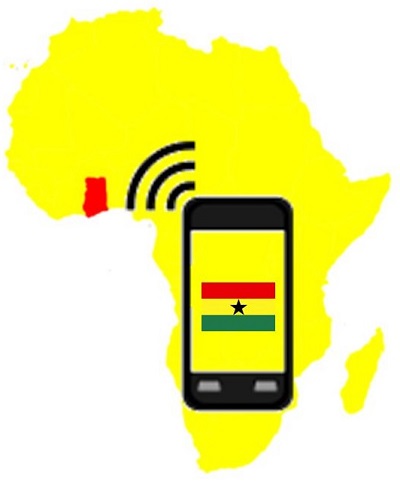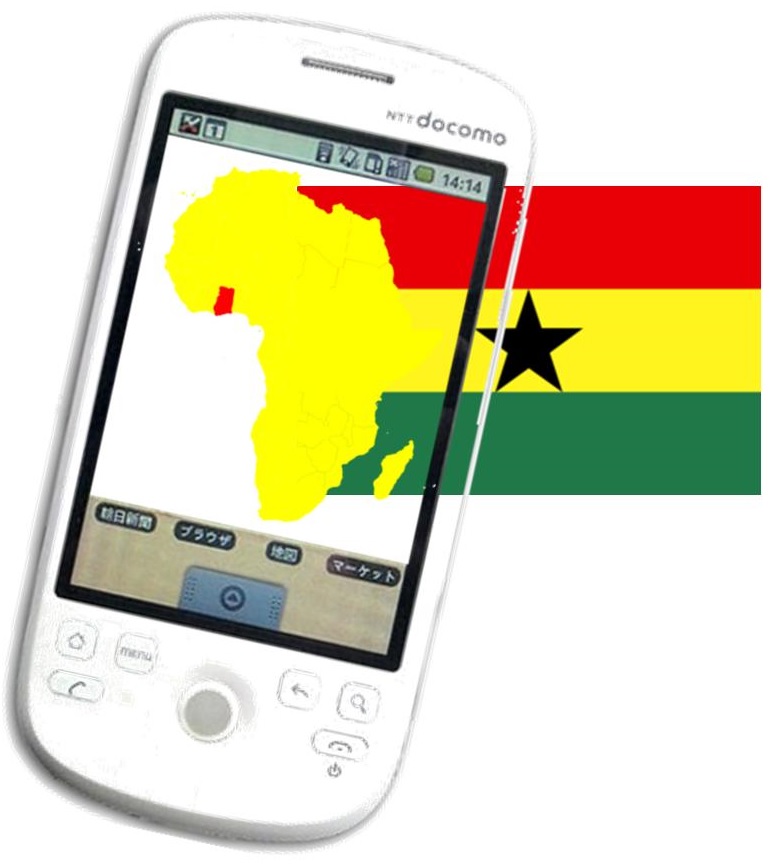There has been a transition that has occurred throughout the entire country.
A major change has been going on in Ghana, where all banks will soon be able to bring in mobile payments as an offering for their customers, following enhancements that have been made to the interbank switching and processing system in the country.
This was done by Ghana Interbank Payment and Settlement Systems (GhIPSS), a Bank of Ghana subsidiary.
The enhancements that were made to the national switch were to the gh-link platforms. That is the interbank switching and processing system from GhIPSS which interconnects switches that are run by the country’s various financial institutions and third party institution owned systems. GhIPSS came up with a gh-link mobile payments system in partnership with eTranzact, a Nigerian transaction company. The introduction of gh-link mobile is an element of the mandate from the GhIPSS to turn Ghana into a society that functions with digital transactions. This, according to the chief executive of GhIPSS, Archie Hesse.
Hesse explained that the mobile payments system has been developed and will soon be tested.
 The mobile payments system has already been created. Its testing will begin near the start of 2014 before it will officially be rolled out. All of the country’s banks will then be able to add smartphone based transactions to their offerings.
The mobile payments system has already been created. Its testing will begin near the start of 2014 before it will officially be rolled out. All of the country’s banks will then be able to add smartphone based transactions to their offerings.
In 2012, gh-link ATM was introduced by GhIPSS, which gives the debit cards in the country the ability to be use in nearly all of the ATMs throughout the entire country. The Ghana News Agency reported that officials from GhIPSS official have been meeting with other transaction companies. For instance, meetings with MasterCard have brought about integration with cards that are branded by that credit card company into the gh-link platform of ATMs.
Furthermore, beyond mobile payments, GhIPSS has also started a pilot project that uses gh-link hybrid PoS (point of sale) terminals that allow customers of the banks in the country to be able to shop using their local ATM cards. The smartphone based transactions will be added on top of that gh-link platform in order to provide consumers with an added level of flexibility.
Security could derail mobile payments in Ghana
Mobile payments have been gaining strong attention all over the world. As consumers become more heavily reliant on their smartphones and tablets, their interest in a cashless society grows. Such is the case in the African country of Ghana. More consumers in Ghana are gaining access to mobile technology and the government has been fostering a dream of a cashless economy that it has expected to see come to fruition in the near future. Mobile payments make a home in a perilous landscape, however, and the digital world contains threats that could derail Ghana’s dream economy.
Mobile security systems are still very lax
As mobile payments become more common in Ghana, so too does hacking and fraud. Internet fraud is quite active in Ghana; somewhat more so than in other African countries. Government officials have not yet found a way to curb this fraud or mitigate the damage that can be caused by hackers and these threats have stymied the growth of mobile commerce throughout the country. Major security issues may indeed prevent Ghana from attaining its dream of a cashless economy.
 Developing a cashless economy proves challenging
Developing a cashless economy proves challenging
In order to develop a new and comprehensive monetary system, Ghana will have to find a way to make mobile payments secure. This is no small task, as security remains a major problem even for countries like the U.S. and China when it comes to the issue of mobile payments. Even large companies like Google and Samsung have yet to find a way to make mobile payments completely secure. The threats that exist in the digital space have not yet become enough to deter consumers, however, many of whom are willing to participate in mobile commerce regardless of the risks they face.
Cash holds an important place with many businesses
Security issues are not the only challenge that Ghana faces in its hopes of establishing a cashless economy. There is currently a large volume of currency in circulation throughout the country, which makes the transition away from cash somewhat difficult. Moreover, physical currency plays a big role in many aspects of business in the country. Some small businesses will only accept payments that are made with cash and refuse to embrace mobile payments in any way whatsoever.
 The mobile payments system has already been created. Its testing will begin near the start of 2014 before it will officially be rolled out. All of the country’s banks will then be able to add smartphone based transactions to their offerings.
The mobile payments system has already been created. Its testing will begin near the start of 2014 before it will officially be rolled out. All of the country’s banks will then be able to add smartphone based transactions to their offerings.
 Developing a cashless economy proves challenging
Developing a cashless economy proves challenging